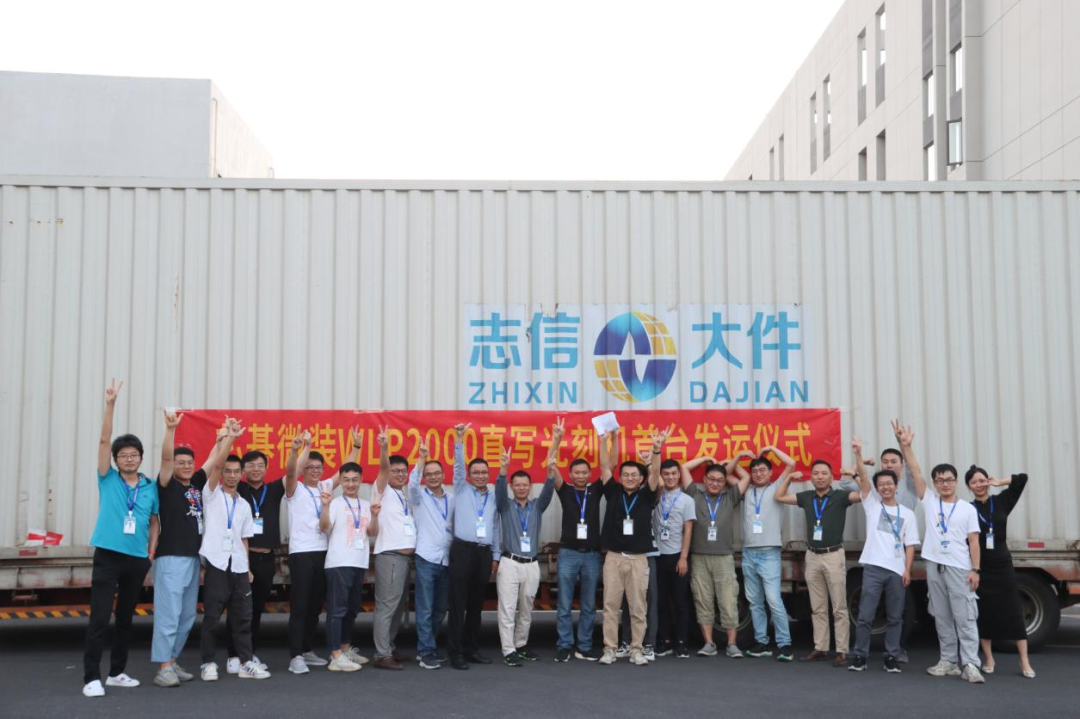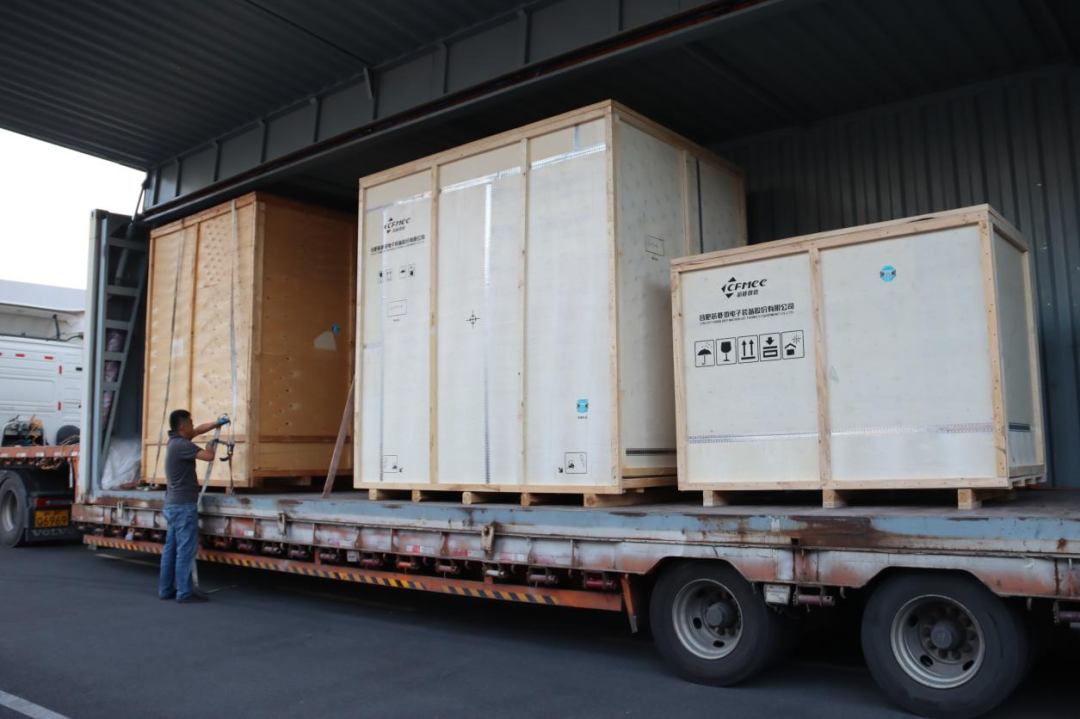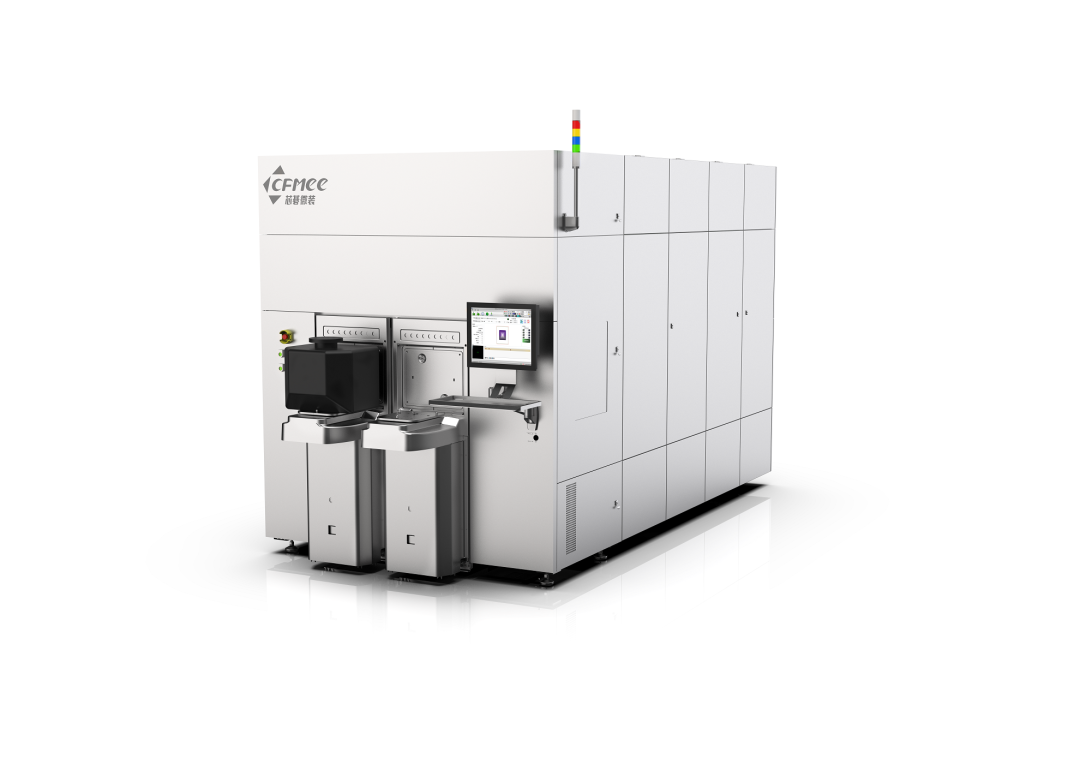Regarding the content you posted, unfortunately I expect all foreign toolmakers will be affected, not only US firms. It is impossible ASML will not be banned too. US will do anything to make ASML succumb: if they have to blow up a pipeline under ASML building or send marines there (considering ASML is in Holland, it would be quite convenient, they are already in the nearby) they will do it. If they fail to coerce foreign toolmakers, their actions will backfire hugely and they are well aware of this.
OTH the fact that they proceeded with announcing and publishing the new rules, before, by their own admission, an agreement with foreign toolmakers was found, it makes me think that they tried hard (we know they did), but as of today still did not succeed....or maybe they are just so arrogant and full of themselves that simply did not care.
If ASML, by nothing short of a miracle, eventually succeeds in resisting this wave of rage, I promise they will be my hero forever! I will hang an ASML factory's picture in my room!
I'm not so dire on ASML. I think it might be forced to stop selling NXT2050/2100 to China at some point, so SMIC needs to be stocking up on them. It seems to me that if ASML wants to get around that, it needs to work with RSLaser or something like this so that they can have a de-americanized DUVi. The Chinese market is clearly large enough for it.
Either way, the important point for Chinese industry is that they can keep buying Arfi scanners for a while. As I said before, another year of 2050/2100 would probably give them all the advanced node scanners they need for a while. And by then, domestic front end scanners should be further along and capable of doing scanning in the less vital/advanced layer
right, so none of the new chip design houses are on this list. This is basically All the companies involved in super computing and defense industry. The new GPU firms and Alibaba/Baidu are all not on this list. Which means, they can keep getting their chips produced by TSMC/Samsung over the next year.Here below are the 28 entities (page 22 of the )
The 28 revised entities are:
Beijing Institute of Technology;
Beijing Sensetime Technology Development Co., Ltd.;
Changsha Jingjia Microelectronics Co., Ltd.;
Chengdu Haiguang Integrated Circuit;
Chengdu Haiguang Microelectronics Technology;
China Aerospace Science and Technology Corporation (CASC) 9th Academy 772
Research Institute
Dahua Technology
Harbin institute of technology;
Higon;
IFLYTEK;
Intellifusion;
Megvii Technology;
National Supercomputer Center Zhengzhou;
National Supercomputing Center Changsha (NSCC-CS);
National Supercomputing Center Guangzhou (NSCC-GZ);
National Supercomputing Center Jinan;
National Supercomputing Center Shenzhen;
National Supercomputing Center Tianjin (NSCC-TJ);
National Supercomputing Center Wuxi (NSCC-WX);
National University of Defense Technology;
New H3C Semiconductor Technologies Co., Ltd.;
Northwestern Polytechnical University;
Shanghai High-Performance Integrated Circuit Design Center;
Sugon;
Sunway Microelectronics;
Tianjin Phytium Information Technology;
Wuxi Jiangnan Institute of Computing Technology; and
Yitu Technologies
I would advice these shops to stock up on their orders and then work with SMIC.
Doesn't look like SMIC or Huahong is on this list even. It really depends on how confident they are in the equipment supply I guess.
Looking at this, the only question i have is whether SMIC will continue to be able to work with Phytium/Hygon. I think they will be able to, but who knows.
You may have noticed that Phytium is on that list too now and they are SMIC's biggest 14 nm client. I seriously doubt SMIC will give that up.Sir Huawei is under sanction, so they can't use SMIC N+2, Kirin 9100 from rumors is the 14nm 3d chiplet, now many were doubtful and I can't blame them BUT with the progression of Chinese tech, 14nm tech is within their grasp. I believe the JV between ICRD and Hisilicon is the one producing this chip or Huawei is doing the packaging and finishing of an unfinished SMIC 14nm chip. Either way Huawei is getting ready to unveil a chip worthy of praise and I for one is anticipating its return.
Don't underestimate SMIC. It's a good idea for Huawei to work with them.
of course, but China has to show that it's capable of replacing American firms first.Does if not behove South Korea and probably even Japan to work with China to ensure that they produce products and a supply chain of all manner of latest state of the art high tech products worth making, not just in the IC chip and semiconductors industry but also with regards to gas and jet engine turbines etc? It is extremely rational for them to have many choices as to where to get their supplies from, instead of being dependent on sources that are extremely vulnerable to US interdiction...
I would expect Koreans/Japanese to try to resist American pressure as long as they could. If Chinese suppliers have something comparable, I think they will try it out.
Same with the Taiwanese. TSMC is in the US politician crosshair right now. I'd expect them to try to find alternative supply chain when possible.
In so many ways, this bill and the attempt to strongarm Taiwanese/Koreans will really backfire on the American supply chain. However, China needs to deliver the goods if it wants to capitalize on that.




